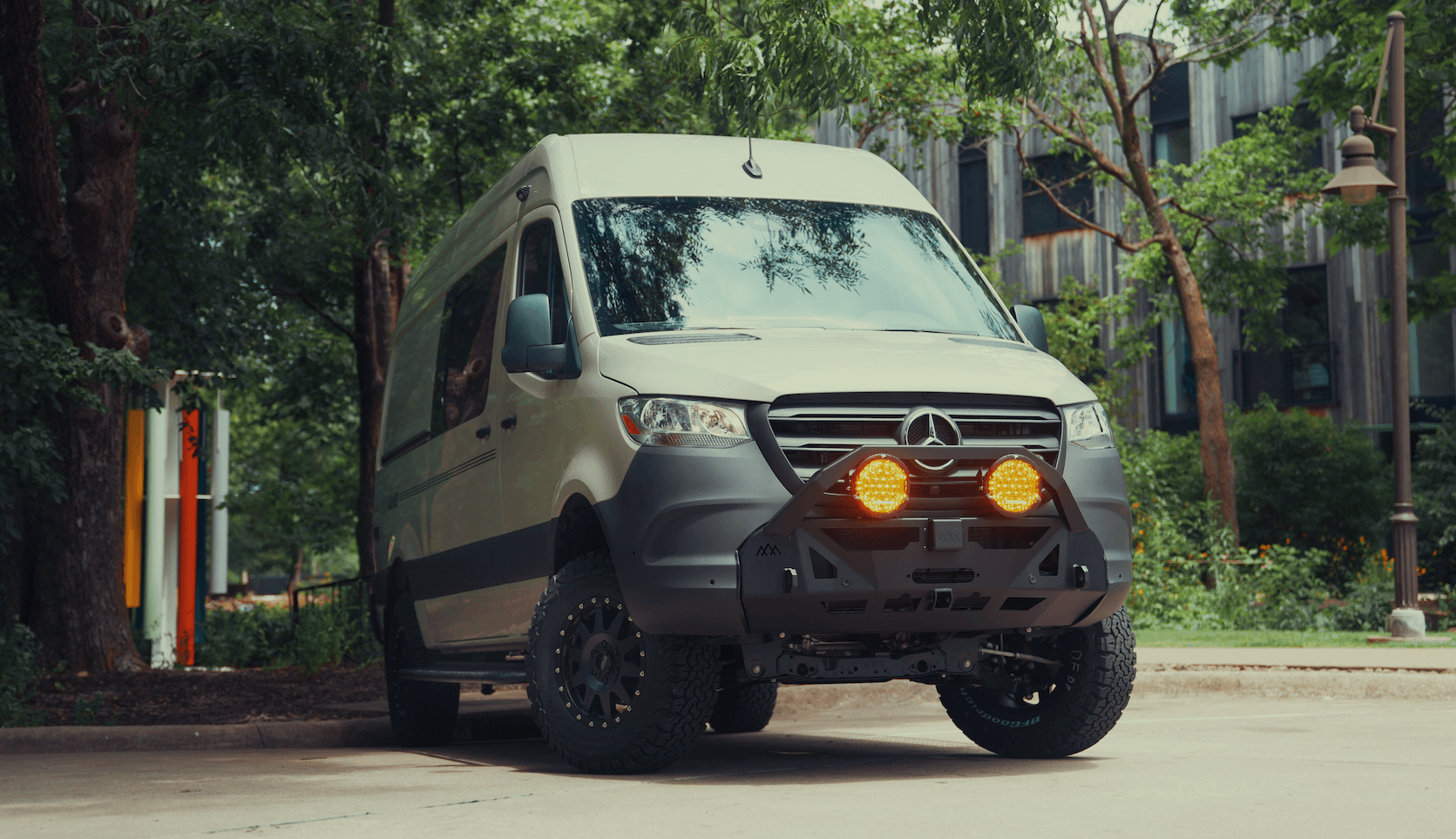Recreational Vans

Sustainable van materials reduce environmental footprint while improving comfort and service life. The best choices balance embodied carbon, durability, repairability, and indoor air quality. In insulation, natural fibers like sheep wool regulate moisture and resist mold while maintaining stable thermal performance across seasons. Cork offers renewable sound dampening and thermal resistance, and recycled PET panels can add structure with low emissions. In contrast, some foams may trap moisture or off gas, so careful selection and installation matter more than any single product label.
When selecting wood products, pay attention to the core and the glue. FSC certified plywood ensures responsible forestry, and low emitting adhesives reduce cabin fumes. Bamboo ply is fast growing and strong, but verify finish and glue specs to avoid high VOCs. Recycled aluminum framing can reduce wood usage in wet zones, while steel is often better where strength density is needed. The right mix of materials in the right locations usually beats a one material everywhere approach.
For flooring, cork tiles, natural linoleum made from linseed oil and jute, and reclaimed rubber provide durable surfaces with lower emissions. These choices handle vibration, clean easily, and dampen road noise. PVC based floors can be tough but often come with higher VOC concerns, so look for verified low emission certifications if chosen. Think in layers too. A smart subfloor with thermal break, acoustic mat, and a resilient top layer can outperform heavier single layer floors.
Indoor air quality matters in a tight cabin. Prioritize low VOC and water based finishes on paneling and cabinetry. Greenguard Gold or similar certifications on coatings, sealants, and composites help keep the cabin breathable. For adhesives and sealants, favor low odor polyurethane or silane modified formulas that cure without strong solvents. Butyl based tapes are reliable for sealing and avoid the smell and mess of asphalt membranes.
Moisture control is just as important as insulation value. Materials that buffer humidity like wool and cork help stabilize the interior, reducing condensation on metal skins. Use strategic vapor open assemblies so trapped moisture has a path to dry. For high splash zones around the galley and shower, closed cell backers and marine grade finishes can add protection without turning the whole van into a plastic box. Good airflow, continuous thermal breaks, and smart placement of sound deadener keep panels dry and quiet.
Healthy wiring and finishes round out the picture. Tinned marine wire with proper gauge and abrasion protection improves longevity and safety. Select gaskets and grommets that tolerate temperature swings without shedding particles. A cabin that smells neutral after the first week on the road is a sign your materials are working for you.
Sustainability is also about serviceability. Design assemblies for access and future upgrades. Use mechanical fasteners where possible so damaged panels can be replaced without tearing apart large sections. Choose hardware that resists corrosion and handles vibration, especially in doors, beds, and galley mounts. Material interfaces matter. Separate dissimilar metals with isolators to prevent galvanic corrosion, and add edge sealing to plywood that faces wet boots or pet paws.
Weight is part of the equation. Lighter builds reduce fuel or battery demand and improve handling, but not at the expense of failure. Aim for strong cores and durable skins, then tune thickness strategically. Think circular at the planning stage. Favor materials that can be reused, recycled, or composted after years of service. Clear documentation of what went where helps future maintenance and responsible disposal.
If you want a van that feels fresh on day one and year five, material choices matter. Our team specifies assemblies that balance sustainability with real world performance on washboard roads, in humid forests, and under desert sun. We focus on quiet cabins, clean air, and surfaces that wipe down after a muddy trail day.
When you are ready to bring sustainable van materials into a custom layout that matches your travel style and payload, we can help translate these principles into a complete, warrantied build. Start by exploring our Recreational vans lineup, see how a Custom van build comes together, or review Mainstream vans if you want a platform that can finance. Then tell us how you camp, work, and ride, and we will craft a van that goes the distance.
Ready to spec a healthier, quieter rig with low emission finishes, durable floors, and smart insulation. Share your wish list and we will map materials to your routes, climate, and gear. Submit the form to start your OZK plan and pick up your build in Fayetteville when it is dialed for the road.
Ready to spec a healthier, longer lasting camper with sustainable materials dialed to your travel style. Tell us how you roam, and our team will design a custom van that balances weight, durability, and indoor air quality. Fill out the form to start your OZK build plan today.
ADDRESS:
6159 E Huntsville Rd, Fayetteville, AR 72701
PHONE:
(479) 326-9200
EMAIL:
info@ozkvans.com